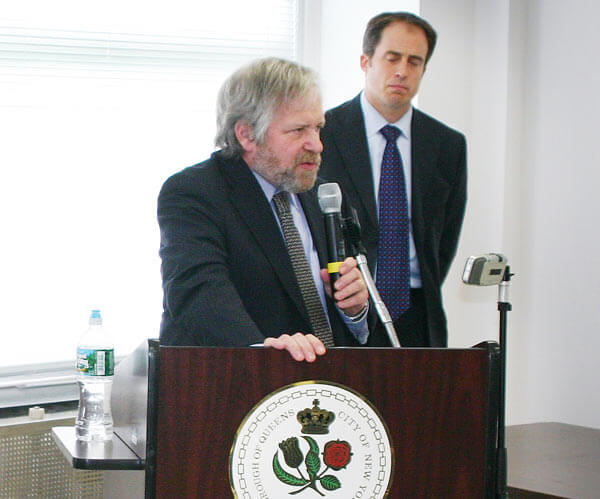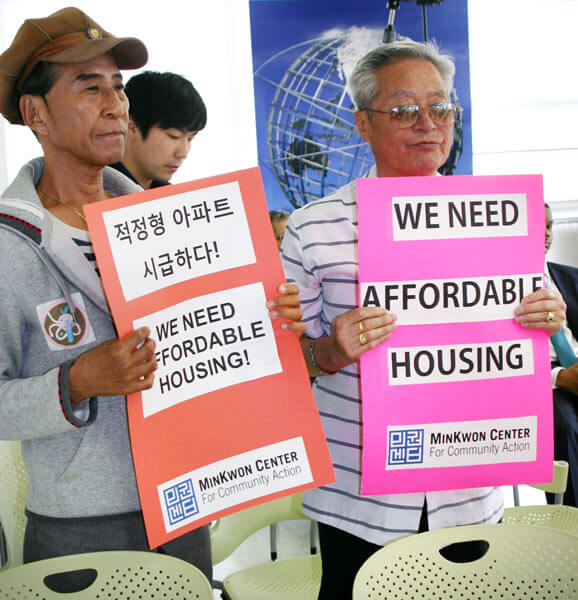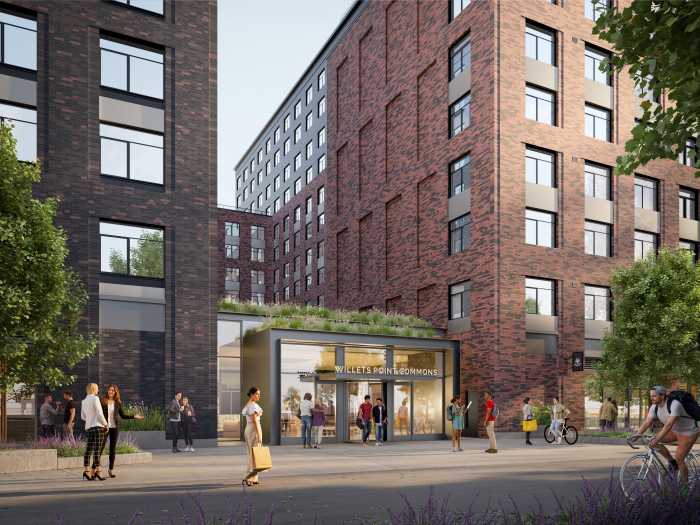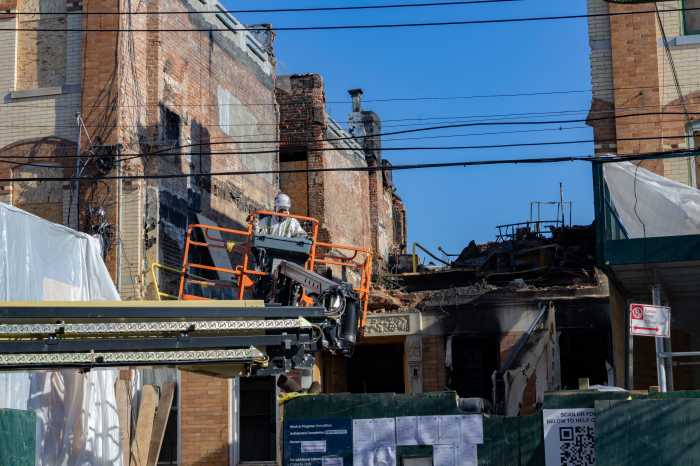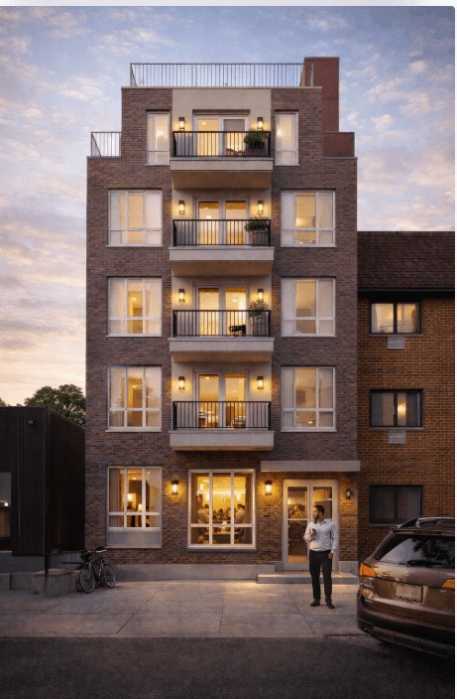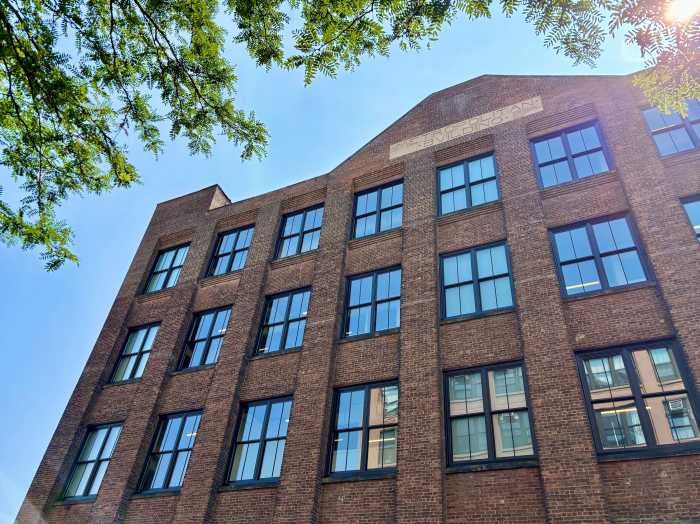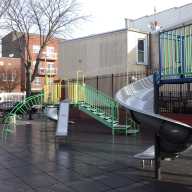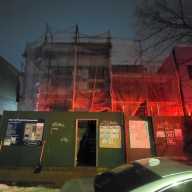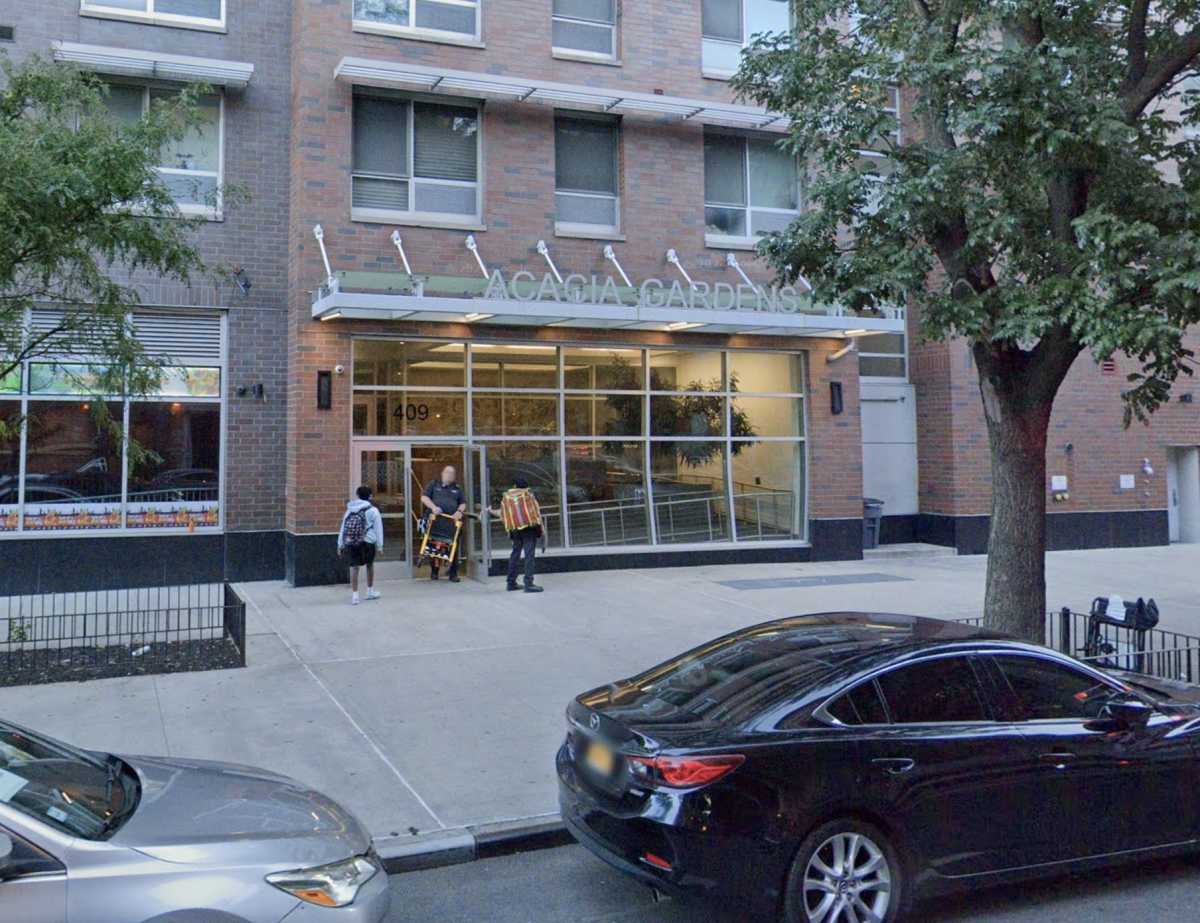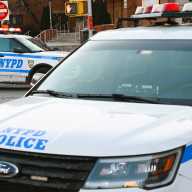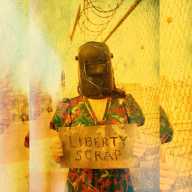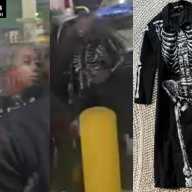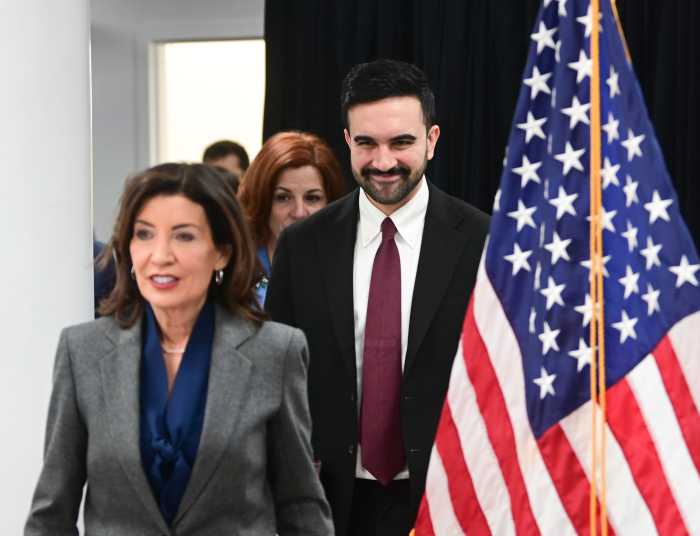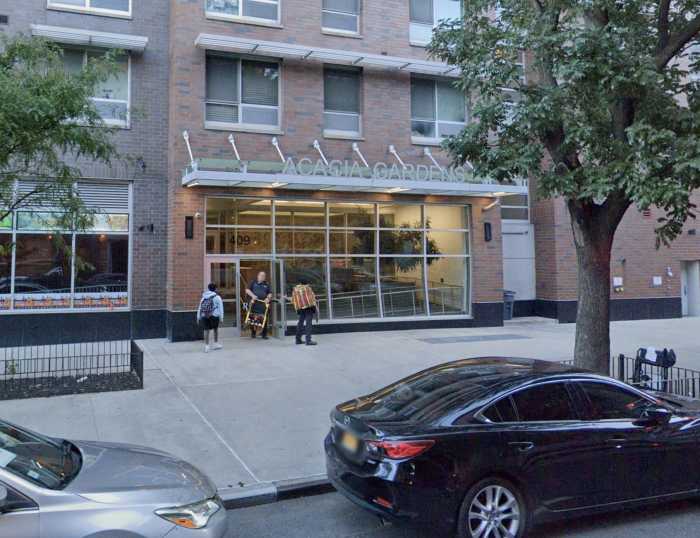By Joe Anuta
Borough President Helen Marshall heard testimony about a special permit for the $3 billion Willets Point redevelopment project last week, but a judge may ultimately decide whether the ambitious plan can move forward.
Related Cos. and Sterling Equities, the real estate arm of the New York Mets, were selected by the city to clean up and transform 23 acres of the Iron Triangle currently populated by auto shops and junk yards into a new mixed-use neighborhood. The first step in the plan is to build a hotel and retail along 126th Street, a parking lot behind and then a 1.4 million-square-foot mall in the western parking lot of Citi Field.
The housing component is set to replace the parking lot upon completion of additional ramps off the Van Wyck Expressway in 2024.
The Queens Development Group is currently seeking a permit to build the parking lot, which must be approved by the City Planning Commission and the City Council.
Marshall will now make a recommendation after listening to a presentation from the joint venture June 6, but even if it passes all levels of bureaucratic scrutiny, the proposal may still find its way to the courts.
The mall is proposed for a parking lot that sits on parkland leased to the Mets.
The city Law Department and the city Economic Development Corp. maintain that a 1961 law written into the city’s code to allow Shea Stadium and Citi Field to be built on parkland also allows for the construction of the mall.
The law states that the leaseholders, in this case the Mets, have development rights on the parking lot.
But critics have suggested the 1961 law was never intended to allow for commercial development on the scale proposed and contend the agreement may violate laws requiring parkland to be replaced.
Michael Rikon, a lawyer who has represented Willets Point property owners in several cases in the past, said the law allows the Mets to build ancillary uses for the stadium, but not an unrelated commercial retail hub. It is only a matter of time, he predicted, before someone takes the developers and the city to court.
“There’s an organization that has spoken to me about it on a few occasions. They are interested in litigating this issue,” Rikon said. “There are also citizens who are very disturbed about losing parkland.”
If the 1961 law were found to be invalid, the development might fall into a category called a major concession — defined by the Department of City Planning as any privately run enterprise bigger than 15,000 square feet sited on public land — and thus subject to another public review process.
On another front, the Urban Justice Center, a nonprofit dedicated to providing legal aid to low-income New Yorkers, recently sent a letter to the developers calling the special permit application “deeply flawed” since it did not follow standard regulations for leasing parkland.
Typically a state bill with specific language is required to lease parkland, the center argued, while state precedent and the federal Public Trust Doctrine stipulate that any leased land should be replaced. The city contends the land is already leased to the Mets and development does not require any further legal permission.
After Marshall’s recommendation, the application moves on to the City Planning Commission.
The developers plan to begin cleaning up the historically contaminated soil early next year.
Reach reporter Joe Anuta by e-mail at januta@cnglocal.com or by phone at 718-260-4566.


